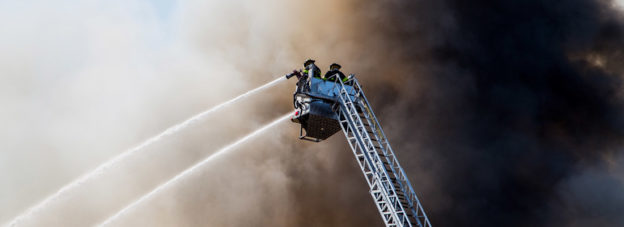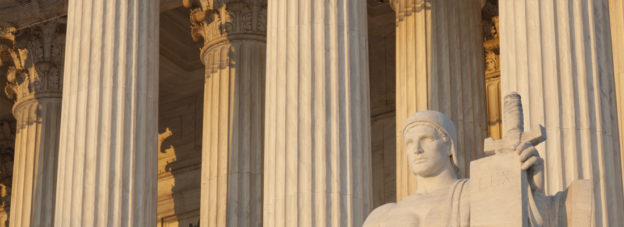In Chubb Lloyds Inc. Co. of Tex. v. Buster & Cogdell Builders, LLC, No. 01-21-00503-CV, 2023 Tex. App. LEXIS 676, the Court of Appeals of Texas, First District (Court of Appeals) considered whether the lower court properly dismissed the plaintiff’s subrogation case by enforcing a subrogation waiver in a construction contract which was not fully executed. The contract was signed by only one of the two subrogors and was not signed by the defendant general contractor. The Court of Appeals affirmed the trial court’s decision, holding that despite the lack of signatures, the evidence established mutual assent to the contractual terms by all parties.
The plaintiff’s subrogors, Jeffrey and Mary Meyer (collectively, the Meyers), retained defendant Buster & Codgell Builders (BCB) to expand their residence. BCB drafted a contract using the American Institute of Architects (AIA) standard form contract for residential construction. The AIA contract included, by reference, a subrogation waiver that applied to BCB and its subcontractors. Prior to beginning the work, BCB emailed Jeffrey Meyer a version of the contract that only had one signature block for both Jeffrey and Mary Meyer. Minutes later, BCB sent a second version of the contract which had a signature line for each of the Meyers. However, Jeffrey Meyer signed the first version of the contract and emailed it back to BCB. In the subject line of his email, Mr. Meyers asked that BCB countersign and return the contract. BCB did not sign and return the contract.



